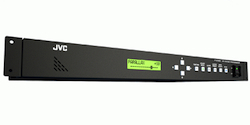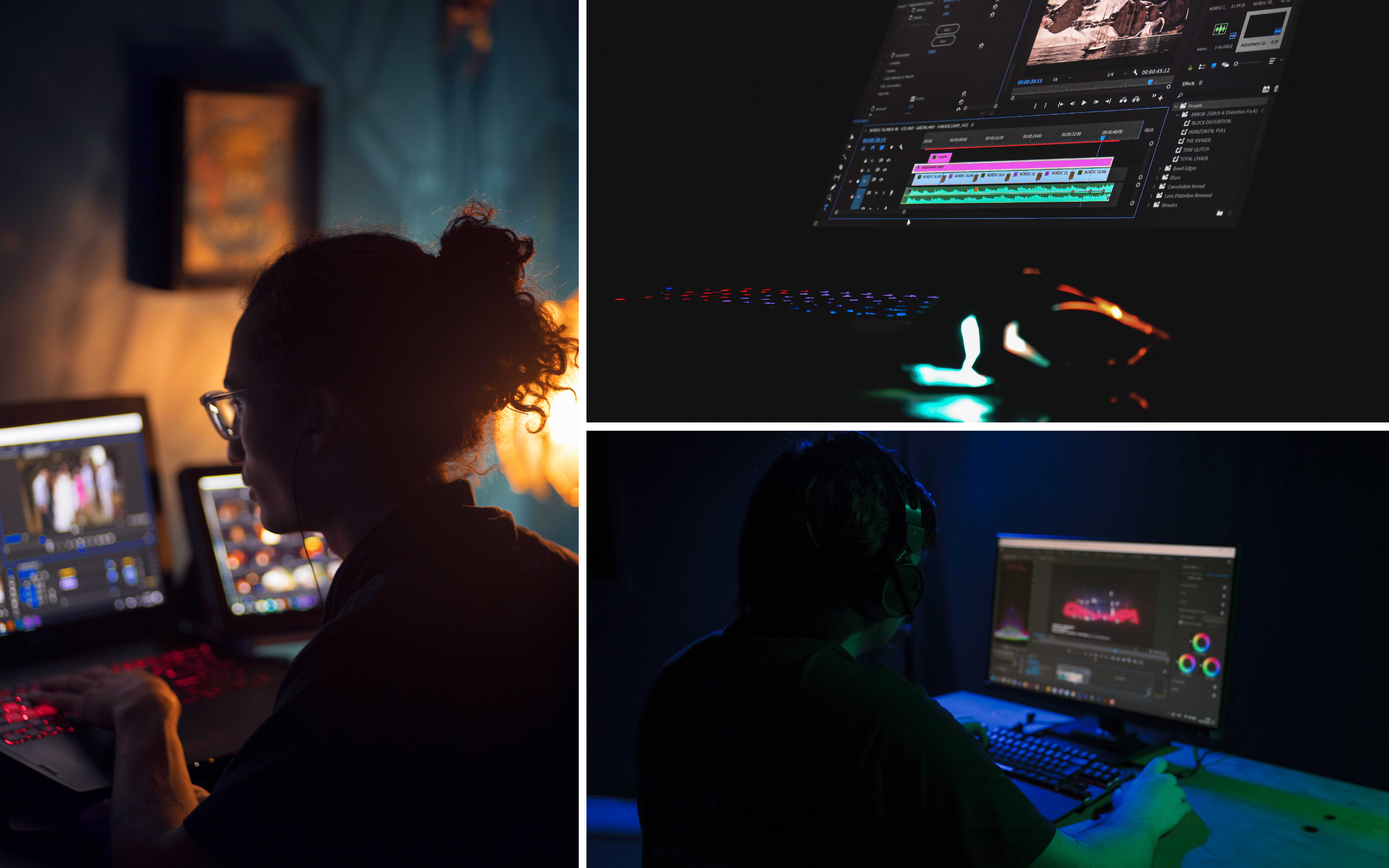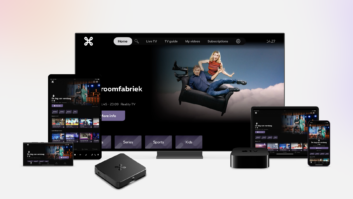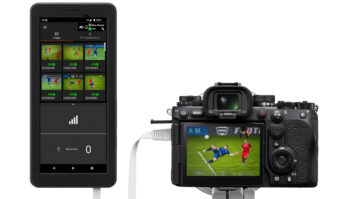
Will Smith sci-fi hit I Robot is to be converted to 3D for a new Blu-Ray release later this year under a new deal which could give a significant boost to closing the gap on 3D content available to view in the home, writes Adrian Pennington. Twentieth Century Fox Home Entertainment is to re-release I Robot and a series of its back catalogue movies to Blu-ray 3D using a new 2D-3D conversion technology devised by JVC which is claimed to cut existing conversion costs and time by two thirds. JVC is to offer the conversion process as a service, initially based out of Video-Tech, a Japan based subsidiary of the company. It will also look to licence the technology to facility houses. The technology itself has emerged from JVC’s work in producing the first realtime 2D 3D conversion box IF-2D3D1 (pictured) in 2010. The company then attempted to make the product into a system for post production. The algorithms behind that initiative have been put to use on this new service. “Current 2D 3D conversions can cost $50-70,000 per minute meaning feature films can cost $10-15m and take 600-700 people nine months or so to produce,” said Susumu Sakakibara, Director Video-Tech and General Manager Business Development, JVC. “With this service a feature like I Robot can take three people three months to convert at a third of the price.” This is possible, he said, because the technology reduces the amount of manual rotoscoping from around 100-150 roto moves per frame to an average of nine. “We are already talking with other studios about this,” he added. Broadcasters too will find this of interest as a means to dramatically build up their 3D inventory. BSkyB for example has been strictly opposed to all-converted content on quality grounds but with the stamp of approval by a major studio this is potentially a game-changer. “The advances in 3D conversion technology developed by JVC have exceeded our most optimistic expectations,” said Danny Kaye, EVP, Global Research and Technology Strategy, Twentieth Century Fox Home Entertainment. “We look forward to bringing movies like the already visually stunning I Robot to the home on Blu-ray 3D.” “One significant impediment to broad acceptance of 3D entertainment at home has been the limited amount of popular content,” said Kazuhiro Aigami, senior executive VP and executive officer, JVC KENWOOD Corporation. “This new process allows the development of a practical business model for the release of legacy motion picture titles in 3D for the home entertainment market.” Futuresource is predicting some 8.8 million households with 3D-equipped HDTVs by the end of 2012 and over 18 million households by the end of 2013. The increased interest in the format will bring a greater demand for quality 3D movies in the marketplace. www.jvcpro.eu






